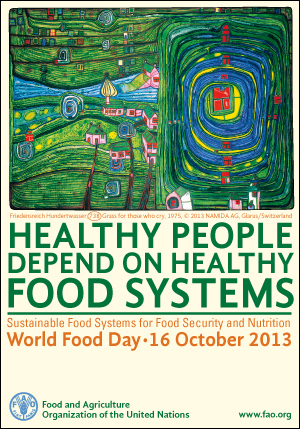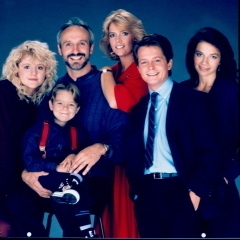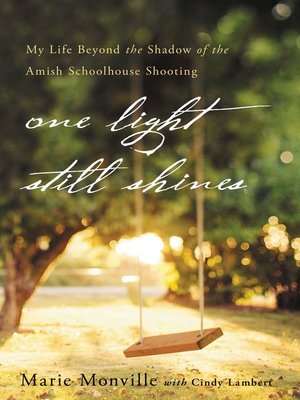
I am grateful that all three of our wonderful adult children and their partners are gainfully employed. Two of our kids are working in the fields in which they were trained and in jobs which bring fulfillment. The third has full-time work but is "mal-employed" in that she is not working in the field or setting she would choose.
As longer term readers will know, this is an important issue to me. I can't help but feel that those of us who are Baby Boomers don't appreciate the challenges of the current crop of college and university grads who often end up deeply in debt and may never have anything close to the lifestyle many of us enjoy. Hey, who will pay for our pensions! There is some research showing that post-sec graduates may end up worse off in the long-run than those who start working after high school. We are even told that one in six medical specialist grads can't find work.
In Ontario youth unemployment is between sixteen and eighteen percent, far above the average. In Europe it soars above 20% in many countries and yet one commentator points out that it doesn't create much of a stir:
Yet — and this is my favourite European cow factoid of the day — the EU spends more money caring for a cow than an unemployed youth. Spanish journalist Jorge Valero points out a cow gets about 12.7 euros while a jobless youth gets 1.26 euros per year, says the council's Jose Ignacio Torreblanca.

This is a spiritual issue, both in terms of the pastoral concerns for youth and young adults who come to the place of despair over bleak prospects, and our conviction that meaningful work is part of a healthy and whole life. I'm so glad that I'm not seeking work as a young person today. It never occurred to me as a teen that I might be chronically unemployed and I have actually worked steadily through my lifetime. I have sat too often with bright, motivated young people who are overwhelmed by the combination of debt and poor job prospects.
I don't know what I'm inviting you to add, but I hope you add it just the same!

































